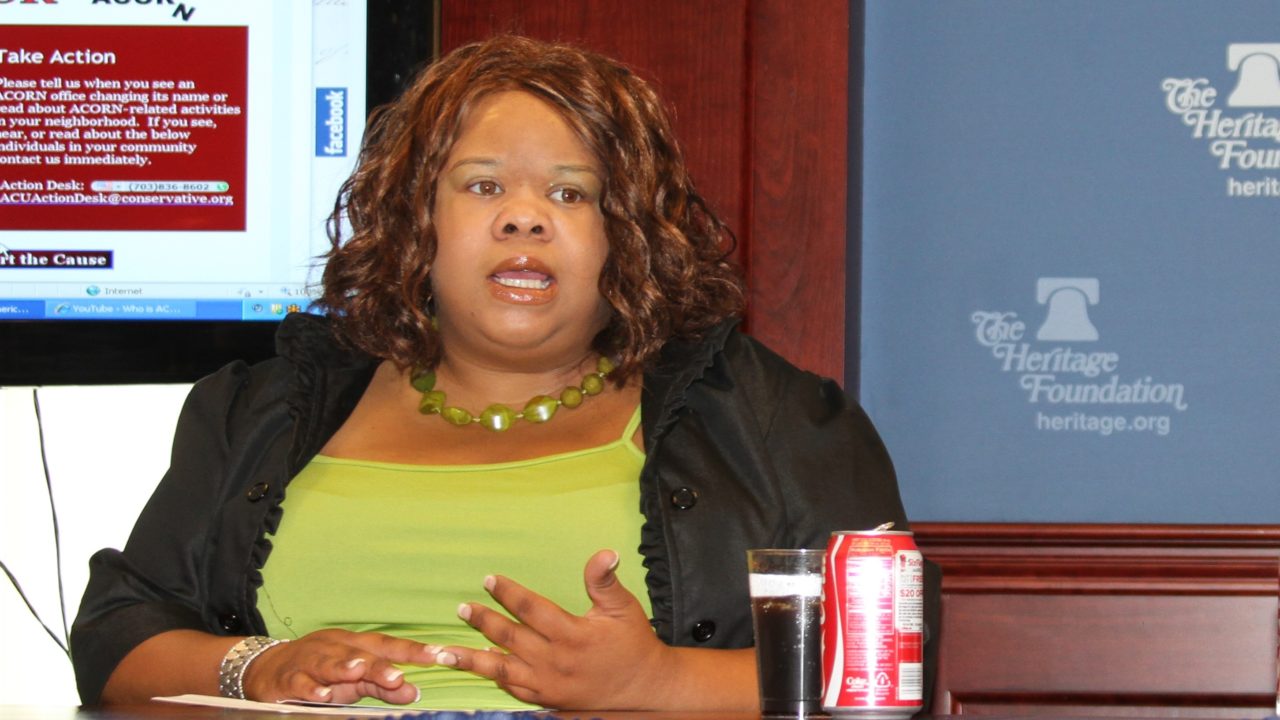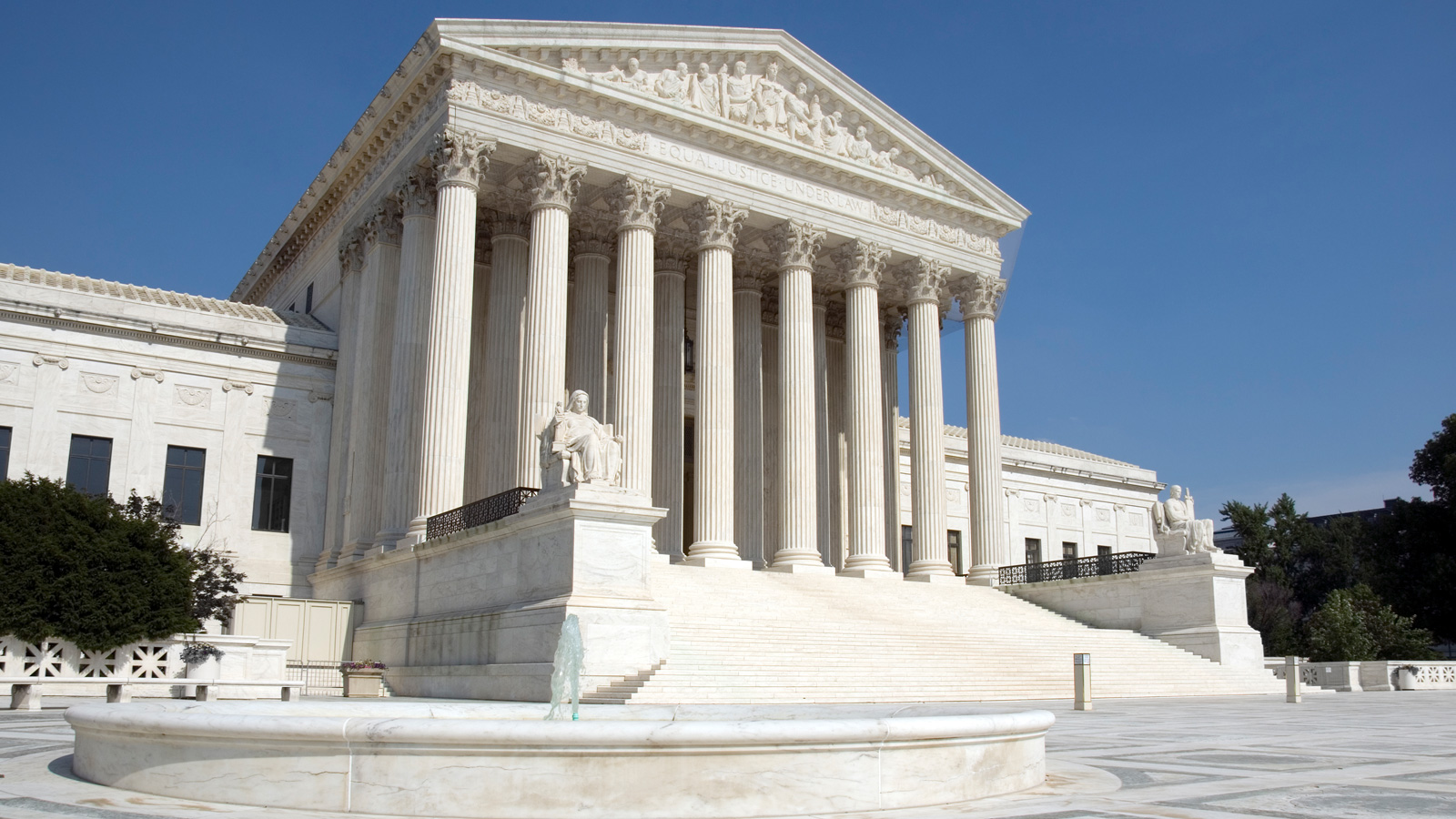Case Status: Victory. Case settled on favorable terms
Project Vote v. MonCrief

CIR defends ACORN whistleblower
CIR represented Anita MonCrief, a former employee of Project Vote, a subsidiary of ACORN. After she left Project Vote in 2008, Ms. MonCrief became a vocal critic of both organizations. In 2009, Project Vote filed suit to silence Ms. MonCrief alleging numerous violations of law including trademark law, interference with prospective economic advantage, and other state torts. Project Vote sought $5 million in damages.
The suit was designed to silence Ms. MonCrief because of her outspoken public criticism of ACORN, and CIR agreed to assist in mounting a defense based on her First Amendment right to speak out on matters of public concern.
MonCrief’s job at Project Vote
In 2005, MonCrief left a job with higher pay to work for ACORN, and before she started, ACORN assigned her to work for Project Vote. MonCrief quickly became disillusioned by what she saw there. She wrote on her blog, for example, that ACORN used Project Vote — a tax-exempt charity required not to engage in partisan political activity — as a funnel for funding its political efforts on behalf of Democratic candidates.
MonCrief exposes ACORN
After leaving Project Vote, MonCrief blogged extensively about ACORN and was interviewed several times on the Fox News Channel about the organization. In 2008, MonCrief gave a New York Times reporter, Stephanie Strom, information about contacts between ACORN and Project Vote and Obama campaign for president. MonCrief also sent Strom a list the Obama campaign had provided to Project Vote of donors who had given the legal limit to Obama but still could be solicited to contribute to Project Vote’s “get out the vote” campaign.
According to the Times’ own account of what happened next, the paper’s national editor ordered Strom to stop pursuing “the Obama angle” in her articles about ACORN. “We had worked on that story for a while and had come up empty-handed,” the editor later wrote. According to MonCrief, the reporter explained the decision to kill the Obama story in a different way: the Times did not want to print a “game-changer” so close to the presidential election.
Protecting MonCrief’s speech
Represented by the Kansas City firm Graves, Bartle, Marcus & Barrett LLC and CIR, MonCrief counter-sued Project Vote and ACORN for abuse of process, asserting that these organizations were using the courts to silence her for exercising her rights to freedom of speech and press. In addition, she asserted that Project Vote and ACORN were improperly using the suit to force her to divulge the identity of a purported “John Doe” that they claim passed information to MonCrief.
In an early victory for CIR, District Judge Richard W. Roberts of the U.S. District Court for the District of Columbia granted MonCrief’s motion to dismiss the trademark claims against her on grounds related to the First Amendment. It was not a violation of trademark law, the judge ruled, to use another’s “mark” (here, the name “Project Vote”) to express a point of view rather than for any commercial purpose.


